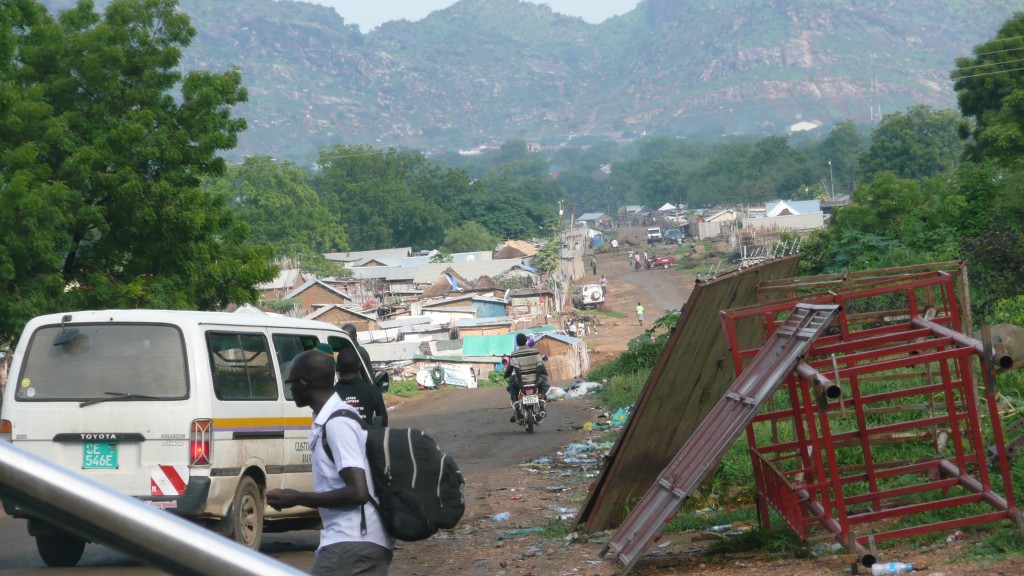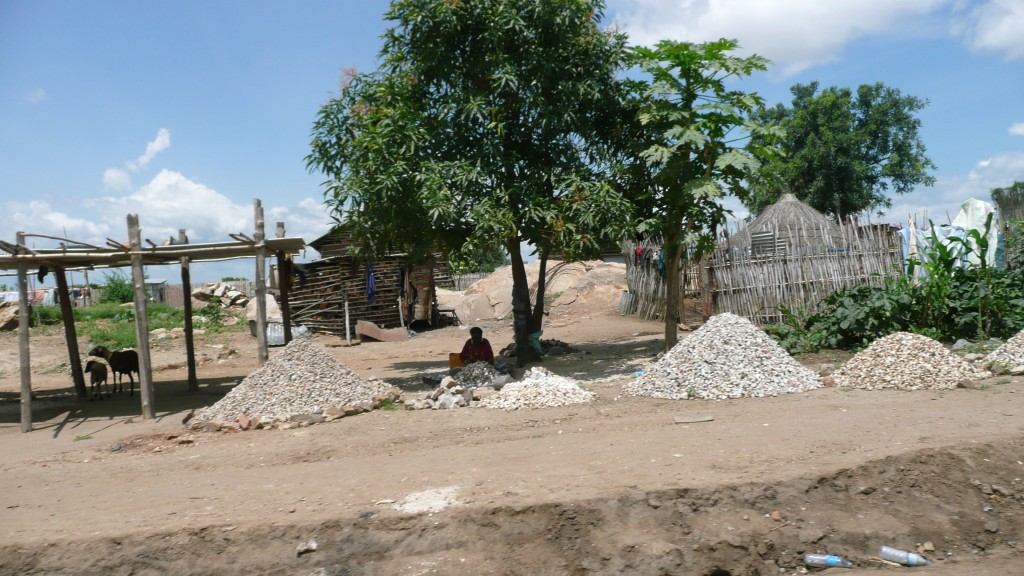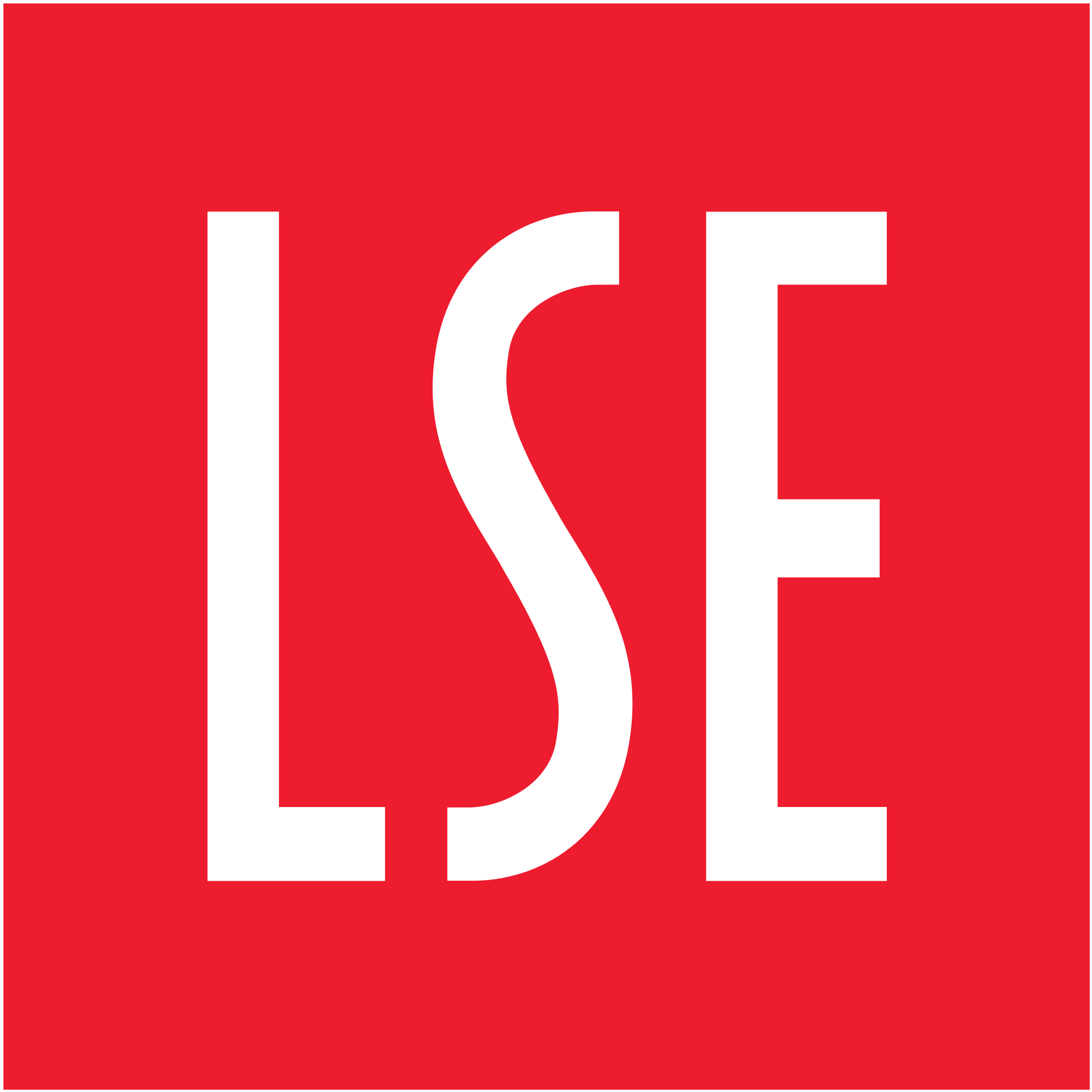Researchers choose field sites for a wide range of theoretical, ideological, interpersonal or pragmatic reasons, usually combined. Some of these rationales are acknowledged, while others remain unacknowledged and hidden from either external or the researcher’s own reflection. However, where these sites focus on conflict or post-conflict settings, the disruptive influence of violence brings with it the expectation of volatility. In this post I examine the reasons underlying my choice of South Sudan as the field site for my PhD research, which were exposed when, as a result of tragically renewed conflict in South Sudan in December 2013, I had to review my approach. Situated within the dilemma of whether to maintain continuity in the research population or the research questions in view of an externally necessitated change to a research project, I relate competing ‘expert views’ that I was presented with as I evaluated the options available, and my own reflection on the emotional content of field site choices, writes Rachel Ayrton.
“No action can occur in a society without emotional involvement” (Barbalet 2002:2, cited in Connor 2007:1)
The reasons and the secrets behind field site choices
Perhaps you have sometimes wondered, as I have, why people choose the field sites they choose for research. This is a particularly engaging question in the case of cross-national studies, where seemingly-unlikely companions are juxtaposed, and I find myself wondering: Whose idea was that? What rationale do they argue for their choices? Are there other reasons that they are not telling us? (read the previous posts on comparative research by Charles Stafford and Jennifer Robinson)
Some reasons for choosing field sites are acknowledged, while others remain unspoken and secret, at times even from our own reflection. Our choices in this regard matter, as the contexts within which we co-construct empirical data shape what we find, how we theorise, and (we hope) what is done about the social issues we investigate in the future. Whether these decisions are made by individual researchers, research groups, institutions or funders, they are not disinterested.
Reason and emotion in research decisions
I intended to conduct my PhD fieldwork in South Sudan, and if I am honest I would probably have been content with an adequate rational explanation of my choice to satisfy my supervisors, examiners and potential readers of my work. However, after violent conflict erupted in December 2013, I was presented with unwelcome and unanticipated decisions regarding the direction of my study, whilst managing my own grief about the unfolding tragedy. I became starkly aware of the competing emotional and rational factors that were present in these choices, and in order to reach a conclusion that I could feel both justified in and at peace with, I needed to trace back the reasons why I chose to research South Sudan in the first place.
If, as sociologists increasingly acknowledge, “emotions are a constant and necessary aspect of human existence [which] infuse the actions, behaviours, thoughts, feelings and decisions made by actors” (Connor 2007:16), it should not come as a surprise that they feature in research decisions. However, particularly at this early stage in my research career, it is difficult to dispense with the comforting familiarity and seeming legitimacy of Western academic tradition, which reifies dualisms between mind and body, nature and culture, reason and emotion. Simon Williams adeptly describes the dominant view:
“Emotions … have tended to be dismissed as private, ‘irrational’ inner feelings or sensations, tied, historically, to women’s ‘hysterical’ bodies and ‘dangerous desires’ … emotions need to be ‘tamed’, ‘harnessed’ or ‘driven out’ by the steady hand of (male) reason” (Williams 2000:2)
Although most who have attempted it would agree that undertaking a PhD is much easier if the researcher has a particular passion and enthusiasm for their subject, there remains a perceived expectation that emotional drivers will be bracketed off in the process of rational decision making in favour of a “dispassionate stance” (ibid. p. 18). So for example it seems more acceptable to speak in the cognitive language of research interests than the emotive language of research passions or concerns. However, making the emotional content of our decisions analytically visible improves the rigor of empirical research. This conviction inspired my attempt to engage with this shift from a ‘cognitively biased’ to an “emotionally informed” sociology (ibid. p. 2, 3) in my own research practice.
Why South Sudan?
Researchers choose field sites for a wide range of theoretical, ideological, institutional, interpersonal or pragmatic reasons, usually combined. Prior to the events that began in December 2013, my well-rehearsed public narrative to rationally justify my choice of South Sudan as my field site went something like this:
Having emerged from nearly 50 years of conflict in 2005, there is very little empirical research on South Sudan. Since it gained independence from Sudan in 2011 to become the world’s youngest nation, it is an important period of stabilisation for South Sudan and there is a great need for government policy and development intervention to be grounded in knowledge generated through research. (Ideological)
In relation to my theory of trust, South Sudan presents an interesting case as the conflict was of long duration and is therefore likely to have caused cultural shifts affecting at least two generations. At this time of national optimism as a result of independence, I would like to explore how generalised trust (that is, trust in ‘people in general’) is affected by both the experience of conflict and this present post-conflict moment. I am also interested in how categorical trust plays out in a context where ethnic identities are important. (Theoretical)
I have good contacts in South Sudan, including personal friends and colleagues associated with the South Sudan Medical Journal and the University of Juba. I have previously undertaken a research project in Juba and I know my way around the capital, so I can operate quite independently there. (Pragmatic – although I mention relationships with others in this narrative, I consider this to be a pragmatic reason as it is included to indicate that I will be able to manage local logistics effectively)
Since the signing of the Comprehensive Peace Agreement in 2005, South Sudan has been relatively peaceful and there are no Foreign and Commonwealth Office advisories against travel to the majority of the country. (Institutional)
While to date this narrative has proved very convincing, it conceals the interpersonal reasons for my choice of South Sudan which, for me, are perhaps most compelling. They are hidden because they do not belong to a rational narrative, rather they have a rich emotional content – specifically, an overwhelming sense of loyalty.


This loyalty runs in three major directions. Firstly, when I met my husband I had for some years cultivated an interest in post-conflict contexts in sub-Saharan Africa, and he, as a medical doctor, had spent four months working in Juba Teaching Hospital, and was at that time preparing for a further four months there. The foundations of our relationship were formed by email while he was in South Sudan, and I met our closest South Sudanese friends through him. Conducting my fieldwork in South Sudan was an opportunity to continue aligning our concerns.
Secondly, through my work I have come into contact with a diverse community of people wholly committed to improving life for people in South Sudan. This group is personified in a number of specific loyalties: the university lecturer I worked with who returned to South Sudan after ten years away to help rebuild the academic sector after peace was restored, being separated by thousands of miles from her husband and children in the process; the doctor who in addition to working tirelessly at the state hospital has established a private clinic where he can ensure he has the drugs and facilities available to provide a reliable high quality of care that is affordable even to the poorest people; my Sudanese Arabic tutor who invested patient hours to my training, not only in language but also educating me in culture and politics, with reduced or waived fees when I could not afford it because of his conviction that it was too important not to continue. I have a deep admiration for these people, and through my research I was becoming part of their mission.
Finally, and perhaps most obviously, I carried a sense of loyalty to the South Sudanese people who would be my research population. This was partly abstract, as I immersed myself in the history of the conflict (Johnson 2008) and current affairs in South Sudan. Specifically, this group was embodied in my mind by past research participants, whose resilience and determination humbled and inspired me, such as the woman who boldly declared in an interview,
“The big people up there should consider the situation of Southern Sudanese women … so that there can be some peace in Sudan” (Sandia, 08/08/2012)
Although I am committed to reflexivity in social research and analysing the impact my social positioning has on every aspect of my research practice, these powerful interpersonal loyalties were not something that I reflected on in any depth prior to December 2013; yet they had a profound bearing on my choice of South Sudan as my field site. I am also convinced that they would have affected the choice of communities within South Sudan for my research, and many other research decisions.
Expert advice
As January wore on and reports of escalating violence and a refugee crisis mounted, it became clear that to conduct research in South Sudan would not be possible within the restricted timescales of my PhD. The two options that remained on the table were to either find a refugee context outside South Sudan where I could continue my research with South Sudanese people, or to choose a different country altogether. I discussed this decision with my supervisors and other senior colleagues over a few weeks. While many sympathetically confirmed my finding that it was ‘difficult’ without wishing to influence me, some were willing to venture advice:
- Prioritise your research questions: Some of my experts counselled me to consider alternative countries altogether, as my research questions were not necessarily tied to South Sudan – another post-conflict setting would serve. The main arguments for this view concerned the coherence of my existing project, the vast literature of refugee studies that I would need to engage with in order to make a transition to a refugee context, and the time that would be lost in developing new questions. The completion of my project and the achievement of what I originally set out to accomplish should be paramount.
- Prioritise your research population: Others favoured the continued connection to the South Sudanese people. This was rationalised on the basis that I had developed a good knowledge of the history, culture and politics of South Sudan which was too valuable to lose, and that research questions often have to be adapted in light of fieldwork in any case. I suspect an underlying observation of and empathy with the sense of loyalty that researchers often feel towards their research population.
As I reflected on this advice I was interested to observe that this was a case of competing loyalties, and that loyalty is not only experienced in the context of interpersonal relations. I also have a strong sense of loyalty to my research questions, and the theoretical and ideological purposes that they serve. The questions are mine, I framed them through great exertion, and committed three years of my life to approaching some answers. The questions that compel us are unlikely to be emotionally neutral. However, the emotional consequences of breaching a loyalty to my research questions is negligible compared with the sense of betrayal I felt at the thought of breaching the interpersonal loyalties that were so influential to me. It was important that I understood the emotional dynamics of the decision as well as the reasoned arguments in order to commit myself to a choice in either direction.
The choice
After agonising deliberation I decided to look at alternative national contexts for my research. Although there are many reasons for this, two were decisive. Methodologically, I was concerned about the relative value of investigating trust at a particular point in time rather than retrospectively. I judged that it may be difficult to ascertain the impact of conflict on trust in the midst of events that I might expect to transform trust processes. Ethically, although through conversations with South Sudanese friends and colleagues previously I had reassured myself that, from their perspective, my topic was important to peace and reconciliation in South Sudan, I questioned the extent to which my project served the immediate and overriding interests of a refugee population who so recently experienced the loss and upheaval of displacement. There is some comfort to be found in the hope that my findings may have some value beyond the context where I conduct my research, and to the extent that they are generalisable may yet have some use within South Sudan. I may even have the opportunity to make a comparison there in the future. I also expect that new loyalties will very soon begin to be formed as I channel my energies into a new field site.
Therefore, as I face once again a choice about which field I will take my research questions to, I have a renewed awareness that where I go will shape what I find. Through unpicking the rational and emotional bases of the theoretical, ideological, institutional, interpersonal and pragmatic reasons for this vital research decision, I hope to again uncover the competing loyalties that are decisive, to reflect on these analytically and so to improve the rigour of my research. Wherever I choose and whatever I decide to disclose when I make the case for this choice in the future, it is important for the coherence of my research that I know the reasons – all of the reasons.
References:
Connor, J. (2007) The Sociology of Loyalty. New York: Springer
Johnson, D. (2003) The Root Causes of Sudan’s Civil Wars. Oxford: James Currey
Williams, S. (2000) Emotion and Social Theory: Corporeal reflections on the (ir) rational. London: Sage
About the author
Rachel Ayrton is in the second year of her PhD at the University of Southampton through an ESRC National Centre for Research Methods studentship. She has previously undertaken primary research on trust in medical professionals amongst South Sudanese mothers using creative biographical interviewing in Juba, South Sudan. Her research interests include trust theory, conflict and post-conflict settings, reconciliation, poverty and wellbeing, mixed methods applications in post-conflict environments, creative and participatory approaches, micro-level survey methodology, research ethics, and the sub-Saharan Africa region. Prior to pursuing postgraduate study she worked for 6 years in the UK regeneration sector, with roles in community development and project management as part of urban neighbourhood renewal programmes in Southampton (NDC) and London (Enfield Council). Her PhD research is provisionally entitled “Examining Relationships in Crisis: An exploration of methods for assessing how trust relates to wellbeing, with implications for resilience, in the aftermath of civil conflict”.
For citation: Ayrton, R. (2014) Competing loyalties: Dilemmas arising from violent outbreak in a planned research site, South Sudan. Field Research Method Lab at LSE (04 September 2014) Blog entry. URL: https://blogs.lse.ac.uk/fieldresearch/2014/09/04/competing-loyalties-south-sudan/





